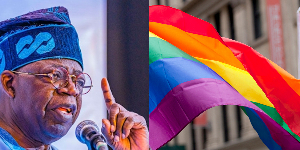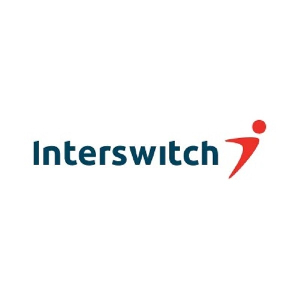The Minister of Information, Mohammed Idris has assured Nigerians that President Bola Tinubu will not enter into any international agreement that goes against the country's constitution.
Idris made this statement in response to the controversy surrounding the recently signed Samoa Agreement at the Organisation of African, Caribbean, and Pacific States Secretariat in Brussels, Belgium.
According to multiple reports, Nigeria signed the Samoa Agreement, which contains clauses that require underdeveloped and developing nations to support the demands of the Lesbian, Gay, Bisexual, and Transgender (LGBT) community in exchange for financial and other support from more advanced societies.
While the minister confirmed the agreement's signing in a press release on Thursday, July 5, he emphasized that Nigeria's endorsement included a declaration dated June 26, 2024, clarifying its interpretation and application of the agreement within its legal framework. The declaration stated that any provision inconsistent with Nigerian laws would be considered invalid.
“It is instructive to note that there is an existing legislation against the same sex relationship in Nigeria enacted in 2014.
“It is necessary to assure Nigerians that the President Bola Tinubu Administration, being a rule-based government will not enter into any international agreement that will be detrimental to the interest of the country and its citizens.
“In negotiating the agreement, our officials strictly followed the mandates exchanged in 2018 between the EU and the OACPS for the process.”
According to the minister, the negotiations on the agreement started in 2018, on the sidelines of the 73rd United Nations General Assembly, saying that it was signed in Apia, Samoa on November 15, 2018, by all 27 EU member states and 47 of the 79 OACPS member states.
“The agreement has 103 articles comprising a common foundational compact and three regional protocols, namely: Africa –EU; Caribbean-EU, and Pacific-EU Regional Protocols with each regional protocol addressing the peculiar issues of the regions.
“The African Regional Protocol consists of two parts. The first is the Framework for Cooperation, while the second deals with Areas of Cooperation, containing Inclusive and Sustainable Economic Growth and Development; Human and Social Development; Environment, Natural Resources Management, and Climate Change; Peace and Security; Human Rights, Democracy and Governance; and Migration and Mobility.
“Nigeria signed the Agreement on Friday, June 28, 2024. This was done after the extensive reviews and consultations by the Interministerial Committee, convened by the Federal Ministry of Budget and Economic Planning (FMBEP) in collaboration with the Ministry of Foreign Affairs (MFA) and the Federal Ministry of Justice (FMOJ). It was ensured that none of the 103 Articles and Provisions of the Agreement contravened the 1999 Constitution as amended or the laws of Nigeria and other extant Laws.
“The Samoa Agreement is nothing but a vital legal framework for cooperation between the OACPS and the European Union, to promote sustainable development, fight climate change and its effects, generate investment opportunities, and foster collaboration among OACPS member states at the international stage,” he added.
General News of Friday, 5 July 2024
Source: www.mynigeria.com













